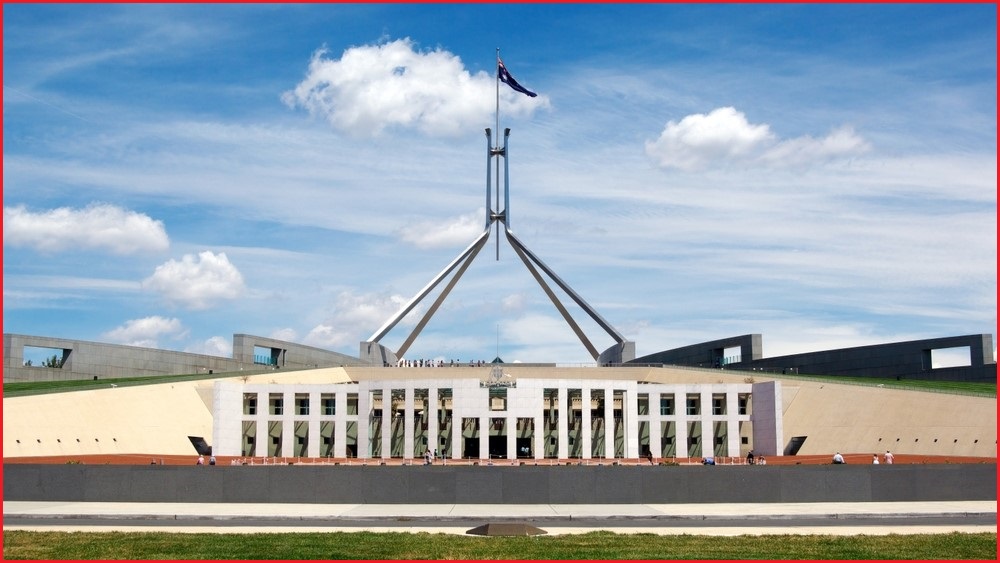Exclusive: An unnamed foreign government — believed to be the United States — contributed to an Australian government consultation on updating the nation’s federal procurement guidelines, raising questions about how well the interests of local companies are being served, three sources with knowledge of the consultation tell Information Age.
The sources, who spoke on the condition of anonymity, said government representatives confirmed in July that an unnamed foreign government contributed to a public consultation which was hosted by the Department of Finance.
The consultation was to inform the department’s work updating its guidance on the benefits of government procurement to the local economy, but none of the submissions it received have been published by the department since its consultation closed on 3 July.
It was “outrageous” that a foreign nation had been allowed to contribute to a consultation on federal government procurement, one source said, arguing it “would not pass the pub test”.
A spokesperson for the Department of Finance said the public consultation was “open to any party, organisation or individual, including foreign governments”, but would not confirm which foreign government provided advice to the consultation.
It was unclear whether the foreign government in question was asked to make a submission by the Australian government, but sources questioned how it would have become aware of a specific domestic consultation.
The Department of Finance “did not request any particular party to make a submission to the consultation process”, its spokesperson said.
Some Australian entities which contributed to the consultation had asked the department to make submissions public, sources said.
They alleged this request was “taken on notice” by the department.
The Department of Finance’s consultation sought to “update and strengthen” its 2022 guidance on how government officials should consider economic benefits to Australia when making procurement decisions.
“The business community and the public sector” were invited to provide comments and suggestions, according to a Department of Finance document from the beginning of the consultation.
“Any proposed changes to the guidance must stay within the boundaries of our international government procurement commitments,” the department said at the time.
Such commitments include Australia's Free Trade Agreement with the US, which allows American companies to compete for Australian government business without discrimination.
The US is home to many of the world’s most valuable technology companies, including Apple, Nvidia, Microsoft, Meta, Alphabet, and Amazon — some of which have held valuable contracts with the Australian government.
In its submission to the consultation, the Tech Council of Australia — which counts both domestic and international tech companies among its members — said it believed procurement rules could benefit all firms, including global tech companies which invested in Australia.
“Our view is that we can remove procurement barriers to Australian SMEs [small and medium-sized enterprises] and tech firms and make better use of public spending to drive innovation in the economy, while still providing a fair procurement system for all companies,” it wrote.
“… We commonly hear from companies that it is easier for them to secure a government contract overseas than it is in Australia,” the Tech Council said, adding that such stories revealed “inherent issues with government procurement processes in Australia”.
Australia’s Digital Transformation Agency (DTA) facilitated more than 7,000 whole-of-government ICT procurement arrangements in the 2022-23 financial year, according to documents released in July under Freedom of Information laws.
By value, 44 per cent of those contracts were awarded to SMEs.
The offices of the Minister for Finance, Katy Gallagher, and the Minister for Industry and Science, Ed Husic, declined to comment.
'The rules aren’t really rules’
The Albanese Labor government’s updated Commonwealth Procurement Rules, which came into effect on 1 July 2024, introduced higher targets for federal agencies sourcing goods and services through local SMEs.
The new targets mean 25 per cent of procurements below $1 billion and 40 per cent of procurements below $20 million should be sourced from such organisations.
Officials are now also required to consider the economic benefit of procurements for the Australian economy for procurements above $1 million, instead of the previous threshold of $4 million.
Sources which spoke to Information Age questioned whether updated procurement rules or guidelines would have much tangible impact, given they were difficult to enforce.
“The rules aren’t really rules,” one source said.
The sources also believed Australia needed to better define what an Australian business was, as multinational companies with local offices or employees were sometimes categorised as domestic businesses.
The Department of Finance recently hosted a public consultation to develop a definition of an Australian business, which closed in late October.
“Australian business is not commonly defined in Australian Government legislation or policy and the Australian Government does not have a standard definition of an Australian business that is applicable to all situations,” the department said at the outset of that consultation.
A definition of an Australian business was “expected to be settled by the end of 2024”, the department said.
A bipartisan Senate committee report earlier this year recommended improving the government’s procurement of products and services from local tech firms, given its billions of dollars’ worth of tech-related spending each year.
Some technology companies in Australia have also called for further improvements to federal procurement policies and guidelines.
A recent report commissioned by Australian software firm TechnologyOne and backed by ACS (the publisher of Information Age) found the federal government could learn from trading partners such as the US, UK, and Canada amid “a global shift to ensure procurement processes work to value and engage local supply chains”.
Some sources argued the federal government had done significant work on procurement, but some still lamented the pace of Australia’s $15 billion National Reconstruction Fund, which recently made its first investment more than 18 months after becoming law.










